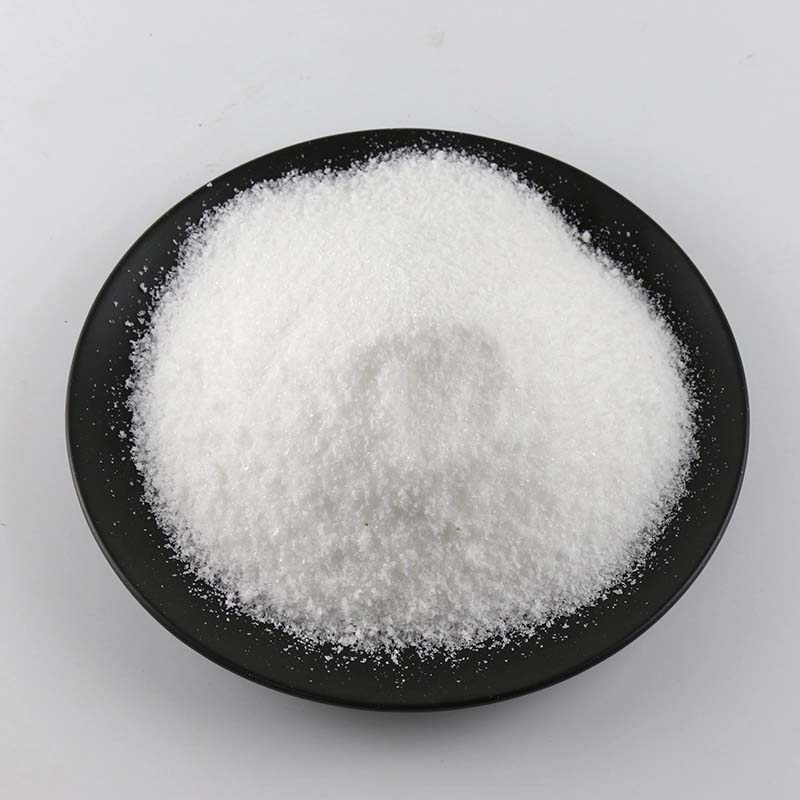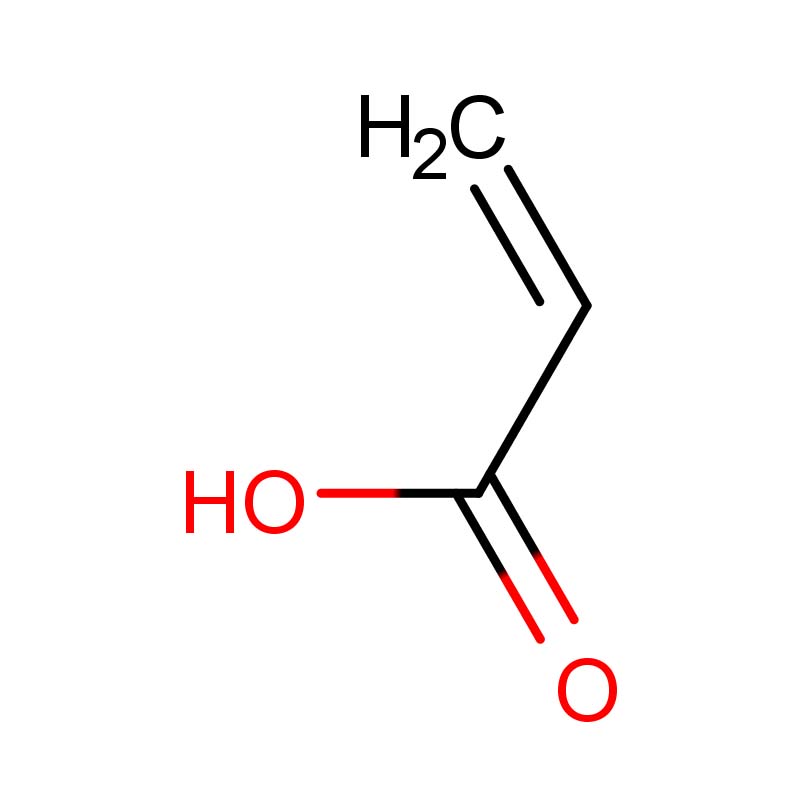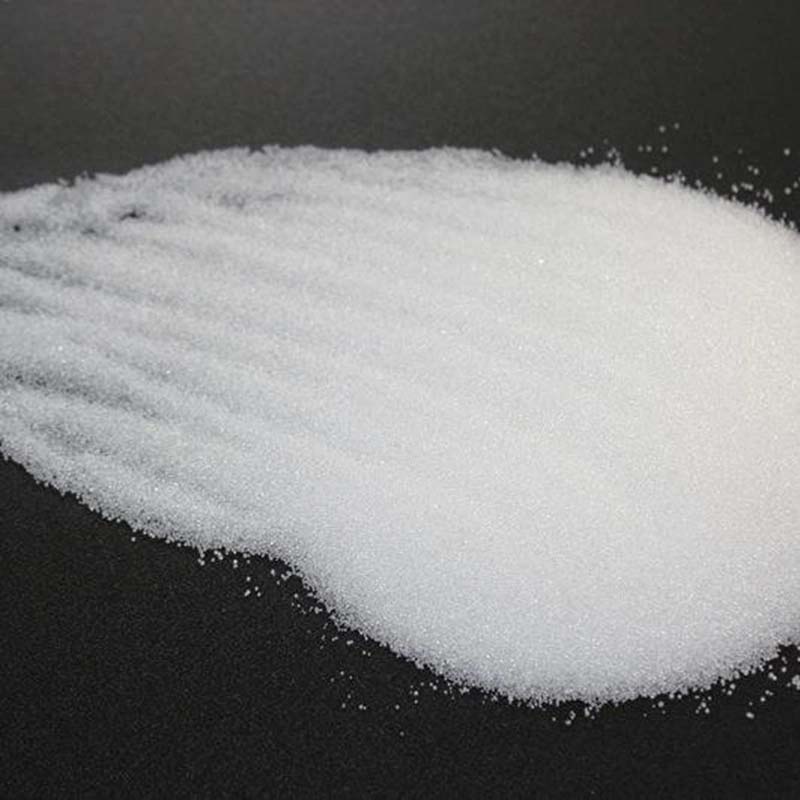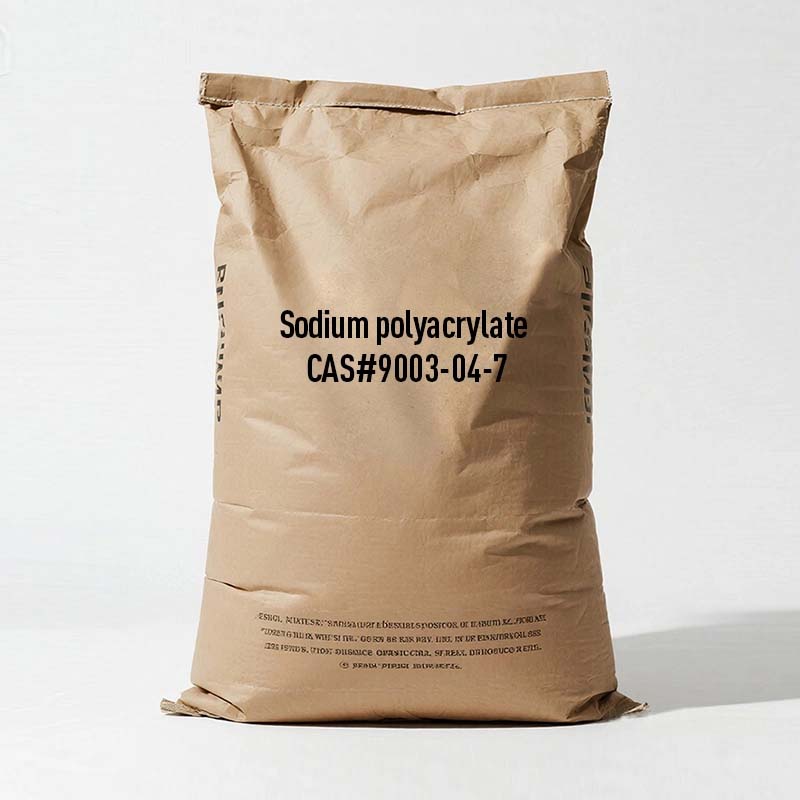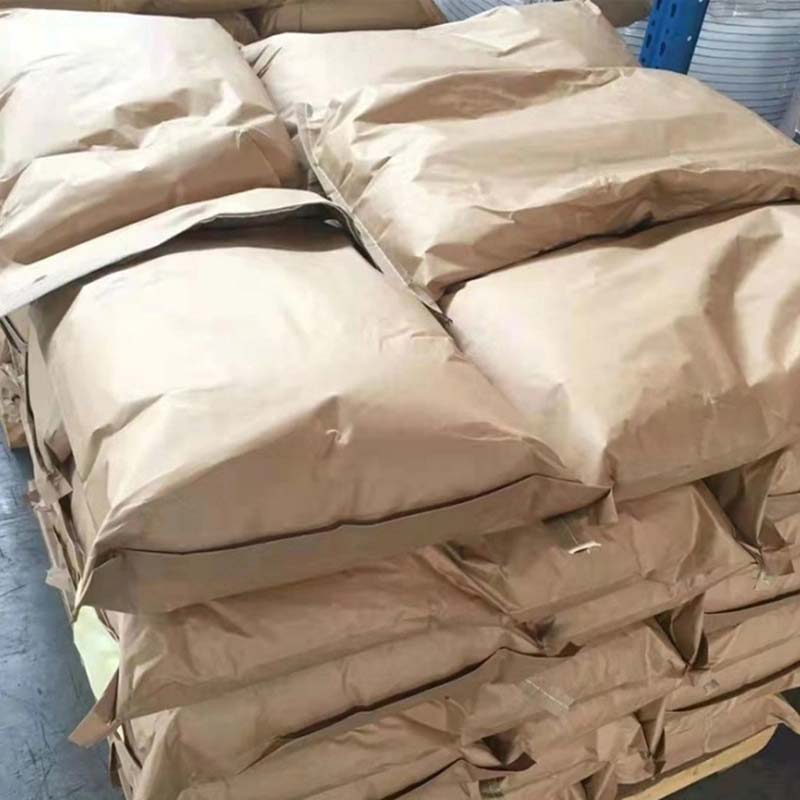Sodium polyacrylate
Enhanced Thickening Effect: This compound creates solutions with exceptional viscosity, being 15-20 times thicker than CMC or sodium alginate, due to its ionic interactions.
Stable Performance: Its viscosity remains consistent even under extreme conditions, such as temperatures up to 300°C, and in the presence of neutral salts and organic acids.
Long-Term Stability: The material retains both its viscosity and chemical integrity for extended periods, showing no signs of degradation during long storage.
pH and Ion Sensitivity: The viscosity increases in alkaline environments and is particularly responsive to acids and metal ions, making it adaptable for various specialized uses.
Sodium polyacrylate is a white, odorless, and tasteless powder with strong hygroscopic properties. It is a high-molecular compound featuring both hydrophilic and hydrophobic functional groups. When dissolved in water, it gradually forms a viscous, transparent liquid. A 0.5% solution of sodium polyacrylate has a viscosity of approximately Pa·s, which is not due to the typical water swelling observed in substances like CMC or sodium alginate. Instead, this viscosity arises from the ionic interactions between the molecule’s numerous anionic groups, which causes the molecular chains to extend and results in increased apparent viscosity. As a result, the solution becomes 15-20 times more viscous than CMC or sodium alginate.
Its viscosity remains stable under heating, the presence of neutral salts, or organic acids. However, it tends to increase in alkaline conditions. Sodium polyacrylate is insoluble in organic solvents such as ethanol and maintains its stability even when exposed to temperatures as high as 300°C. The viscosity stays largely consistent during prolonged storage and resists decomposition. Nevertheless, as an electrolyte, its viscosity is affected by acids and metal ions, particularly divalent and higher metal ions, although this does not lead to decomposition.
Parameters
Density | 1.32 g/mL at 25 °C |
refractive index | n20/D 1.43 |
storage temp. | 2-8°C |
form | powder |
Specific Gravity | 1.23 |
PH Range | 6 - 9 |
Odor | Odorless |
PH | 6-9 |
Hydrolytic Sensitivity | 0: forms stable aqueous solutions |
Stability: | Stable, but moisture sensitive. |
InChI | InChI=1S/C3H4O2/c1-2-3(4)5/h2H,1H2,(H,4,5) |
InChIKey | NIXOWILDQLNWCW-UHFFFAOYSA-N |
SMILES | C(=O)(O)C=C |
EPA Substance Registry System | Sodium polyacrylate (9003-04-7) |
Safety Information
Hazard Codes | Xi |
Risk Statements | 36/37/38-36 |
Safety Statements | 26-36 |
WGK Germany | 3 |
RTECS | WD6826000 |
F | 3 |
TSCA | Yes |
HS Code | 39069090 |
Polyethylene terephthalate resin (commonly known as polyester chips) is primarily used in the production of bottle-grade polyester, which is extensively employed in packaging beverages, particularly carbonated drinks. It is also used in the manufacture of polyester films, which find applications in packaging materials, films, tapes, and more, as well as in the production of polyester for chemical fibers.



